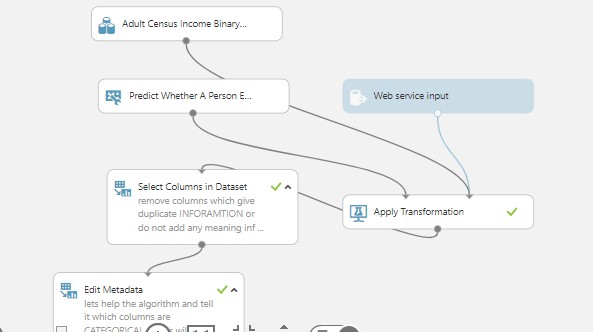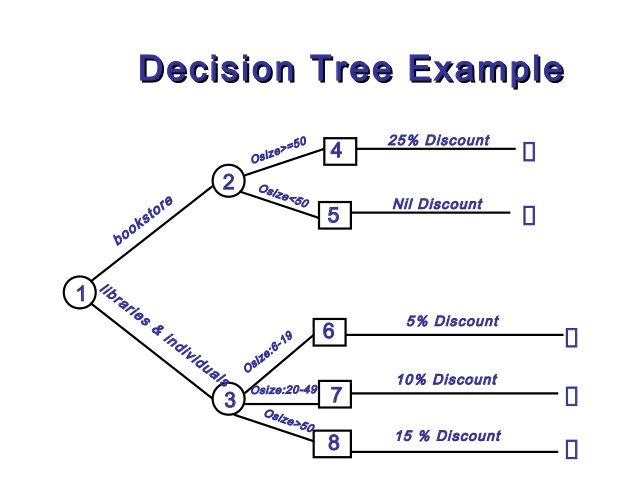Choosing a Dataset – Data Management and Visualization
I have gone through all the codebooks and having finished going through all of them I am particularly interested in the GapMinder dataset. From the GapMinder dataset my focus will be on the Life expectancy of a particular country.
I have chosen to focus on the country, Ghana.
The Life Expectancy of the people of Ghana is a broad area and this area is most probably influenced by several factors.
My primary interest is to find out about the association of the Literacy rate of Ghanaians and their Life Expectancy.
The life expectancy and literacy rate data would be examined from 2000 to 2010 with the help of data compiled by GapMinder which can be found on the http://www.gapminder.org/ website. This will serve as the major source of information with supporting information from various sources.
Literacy rate and for that matter the literacy rate of the people of Ghana is a very interesting topic. The literacy rate influences so many aspects of Ghanaian people which, if all of them are to be discussed, will be several number of books generated from it.
In this regard, I would love to explore another topic closely related to literacy rate and the life expectancy of the people of Ghana.
This second topic, is the association of literacy rate and the Income Per Person of the Ghanaian people.
What I will seek to find out is that, does the literacy rate really positively affect the Income Per Person of the Ghanaian people?
Does a high literacy rate necessarily mean a high Income Per Person for the Ghanaian?
The Income Per Person’s association to the literacy of the Ghanaian will be looked at between the period ranging from 2000 to 2010
LITERATURE REVIEW
Association of Literacy Rate and Income Per Person:
The case of Ghana
The incomeperperson of the Ghana population has gone through many faces and this has been influenced by several factors.
So many factors directly positively affected the incomeperperson and these factors used to be the major measuring indicators of the incomeperperson of the Ghana population.
Factors like the natural resources of the country were paramount in ascertaining the incomeperperson of the people of Ghana.
However, in recent years, many other new measures have come into account when the capita incomeperperson is being measured.
As Anne O. Krueger indicated in his book, “Factor Endowments and Per Capita Income Differences among Countries” (Sep., 1968), the days when only single factors like capital , natural resources were used to measure the per capita income of developing countries is over.
This then opens ways for new measures such as the literacyrate of the people, for this matter, the people of Ghana.
There has been much talk about these new measures which are adding up or even overtaking the old measures which used to influence the incomeperperson of the Ghanaian. Such new measures include technology, internet and literacy (education).
Though these measures as deemed new, they have been measured since the late 1950s and there have been several research to establish a strong pattern between literacyrate and incomeperperson as George Psacharopoulos & Harry Anthony Patrinos pointed out in their article publication “Returns to investment in education: a further update” Published online: 05 Oct 2010.
Literacy, as many argue have had a positive influence on the incomeperperson of Ghanaians. And many people and school of thought believe that a higher literacyrate will mean a high incomeperperson of the Ghanaian people. Aysit Tansel, discusses in his book “Schooling Attainment, Parental Education, and Gender in Côte d’Ivoire and Ghana” (July 1997) that education , in this sense formal literacy, improves the labour force’s productivity.
This has led to the government of Ghana to increase the expenditure on education so that the capita per person of the people of Ghana will increase as mentioned by Tansel, Aysit in his book.
When the population of the youth and adults are well educated, hence resulting in high literacyrate, this seems to positively affect the socio-economic development of the people in general. Robert Barro, emphasizes this point in his paper “Economic Growth In A Cross Section Of Countries” (September 1989)
From the foregoing points and discussions and also the authorities who have been cited above, there is a hypothesis I seek to generate.
I believe the Association of the literacyrate of Ghanaians and their lifeexpectancy and also the association of the literacyrate of Ghanaians and the incomeperperson of the Ghanaian people are directly related. This means, the increase in literacyrate has a positive effect on the lifeexpectancy and also a positive effect on the incomeperperson of the Ghanaian people and vice-versa.
References:
Krueger, Anne O.. “Factor Endowments and Per Capita Income Differences Among Countries”. The Economic Journal 78.311 (1968): 641–659. Web: http://www.jstor.org/stable/2229388
2. Psacharopoulos, George & Patrinos, Harry Anthony, “Returns to investment in education: a further update”, (Published online: 05 Oct 2010) http://www.tandfonline.com/doi/abs/10.1080/0964529042000239140
3. Tansel, Aysit. “Schooling Attainment, Parental Education, and Gender in Côte D’ivoire and Ghana”.Economic Development and Cultural Change 45.4 (1997): 825–856. Web: http://www.jstor.org/stable/10.1086/452309.
4. Barro, Robert. “Economic Growth In A Cross Section Of Countries” (September 1989)
http://www.nber.org/papers/w3120.pdf
MY PERSONAL CODEBOOK
for this project can be accessed here:
https://docs.google.com/document/d/1_Cq3q0mBRIZ80j0iJxBArrGHhnb7mUtauVok9luAVBQ/edit?usp=sharing




